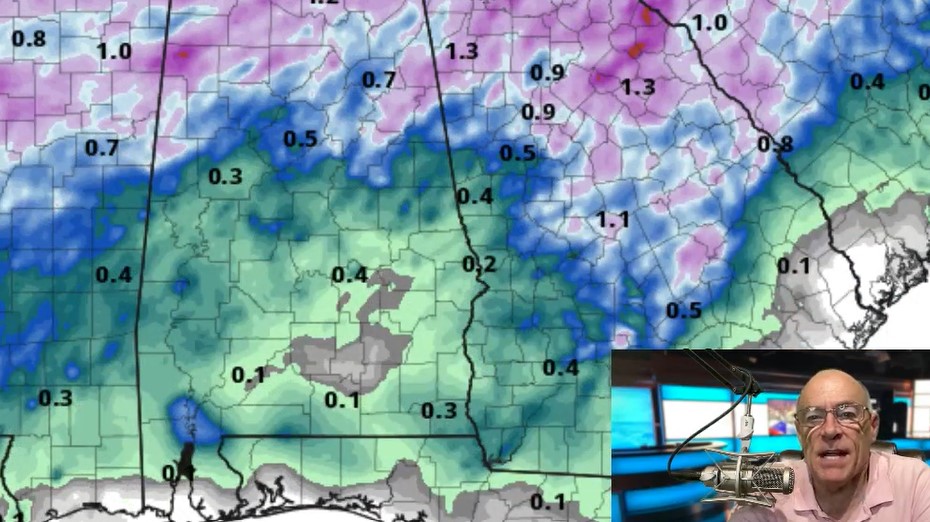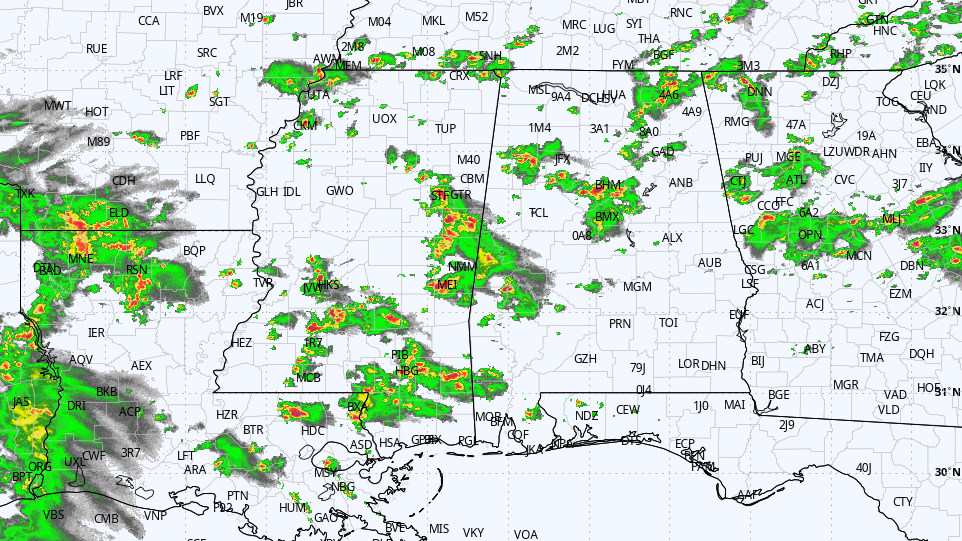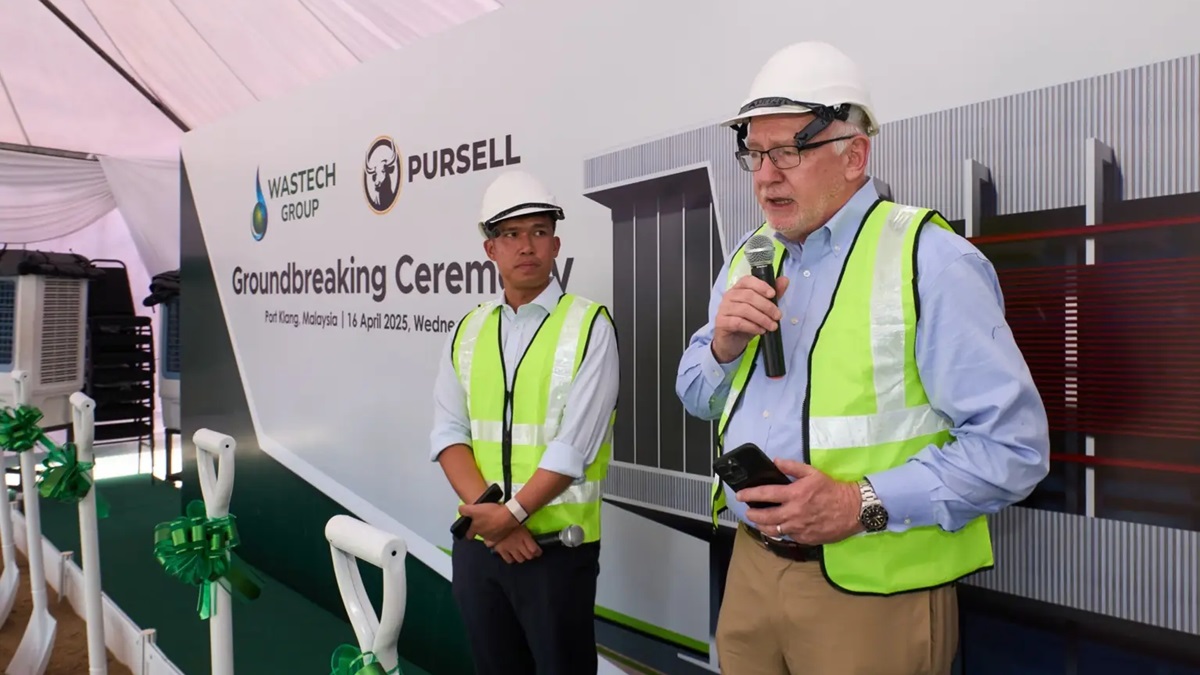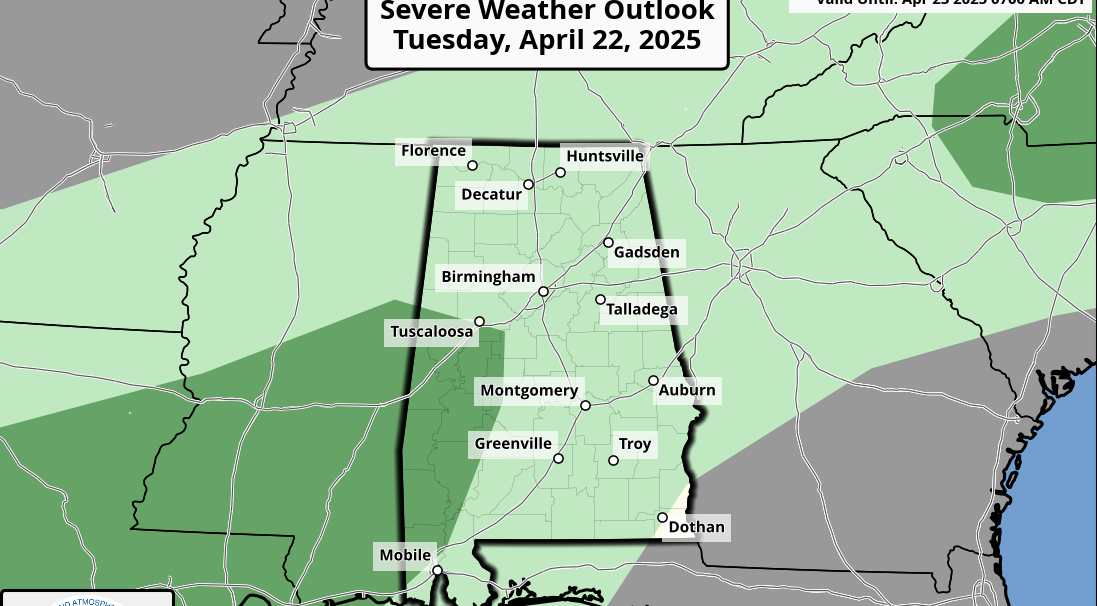Experts: Relationship between Japan and U.S. needs to remain strong

At the JASA event were, from left, panelists Brian Woodall, Toshihiro Nakayama and moderator Peter Kelley. (Michael Tomberlin / Alabama NewsCenter)
There is no doubt that the Asia Pacific region is one of the most critical to the world’s economy, just as there is no doubt that the U.S. needs to have a strong ally there.
That was the basis of the “Geostrategy in the Grassroots” presentation that the Japan-America Society of Alabama (JASA) hosted Tuesday at University of Alabama at Birmingham’s Collat School of Business.
Driving the point closer to home, Japan is the second largest source of foreign direct investment in Alabama – thanks in large part, but not limited to, the automotive industry.
Experts address U.S.-Japan relations at Japan-America Society of Alabama event from Alabama NewsCenter on Vimeo.
“I think it’s important that people pay attention to our Japanese community here in Alabama,” said Jolie Thevenot, executive director of JASA. “It’s a lot larger than the average Alabamian might think – about 2,500 citizens here in the state and over 160 Japanese-owned or affiliated companies. Obviously, Japan has an important economic impact on our state. But cultural as well, there are lots of community connections, and it’s nice to have people be aware of what’s going on in Japan.”
The program was presented by the National Association of Japan-America Societies and included Toshihiro Nakayama, a political science professor at Keio University in Japan, an adjunct fellow at the Japan Institute of International Affairs and Fellow at the Wilson Center Asia Program in Washington. Also on the panel was Brian Woodall, a professor at Georgia Tech and an expert on U.S.-Japan relations.
“The U.S. has to be a resident power in Asia Pacific,” Nakayama said. “The problem is you’re not located in Asia Pacific, so you need a partner. I’m here to convince the American public, the people of Alabama, that Japan is the best option you have. I’m sounding like a bad used car salesman or something, but it is literally the best partner.”
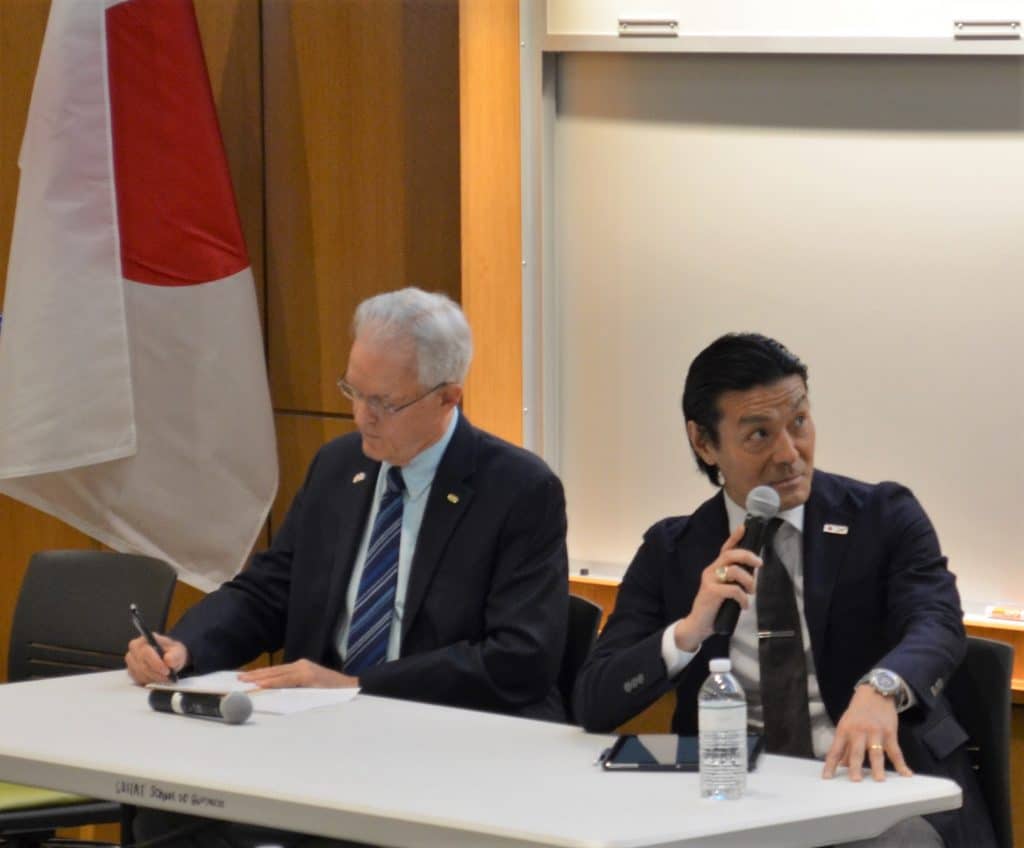
Brian Woodall, left, and Toshihiro Nakayama discuss U.S.-Japan relations and east Asia’s political climate at UAB’s Collat School of Business. (Michael Tomberlin / Alabama NewsCenter)
“I think Japan is a lot more important economically and strategically and diplomatically than we tend to recognize,” Woodall said. “It’s too easy to forget how much the Japanese have invested in the U.S. and how important the relationship is. I think the people of Alabama have come to recognize the importance.”
Nakayama said the people of Japan and the U.S. have shared values and both have established democracies that have been strengthened since the two were enemies during World War II.
“We fought maybe the most brutal war that humankind has ever experienced,” Nakayama said. “It’s an example of what two former enemies can do and become friends.”
Shane Kearney, economic developer with Alabama Power and president of JASA, said having a well-rounded understanding of the links between the U.S. and Japan is important.
“Just like in the U.S., it’s difficult to separate business from culture and even politics in Japan,” Kearney said. “Because Alabama has such strong business and even personal ties to Japan, JASA plays an important role through events like this to bring a holistic understanding of those important connections in east Asia.”
Thevenot agreed: “Especially when economic development agencies are working with projects with Japanese potential clients, it’s important to be kind of sensitive to the current climate politically of what they might be thinking when they come in, … ease any worries about any kind of acceptance we would have towards Japanese newcomers into the state, and really treat them with a welcoming attitude and be able to discuss those concerns and discuss what their preconceived notions might be about Alabama and America in general.”
